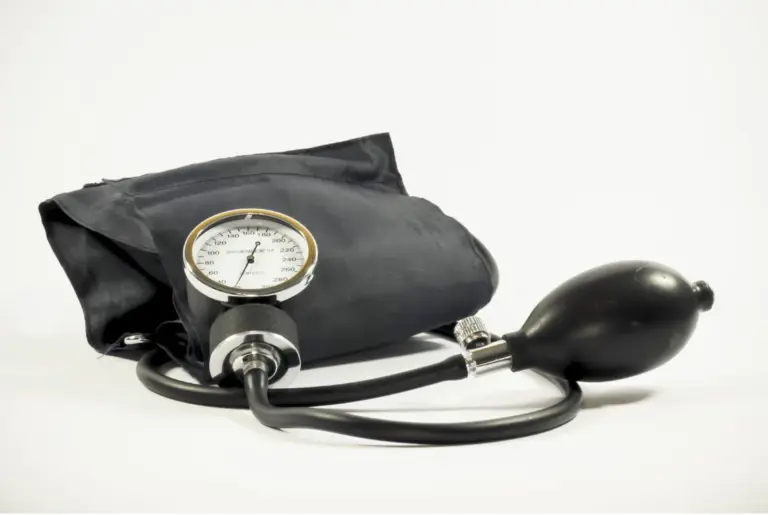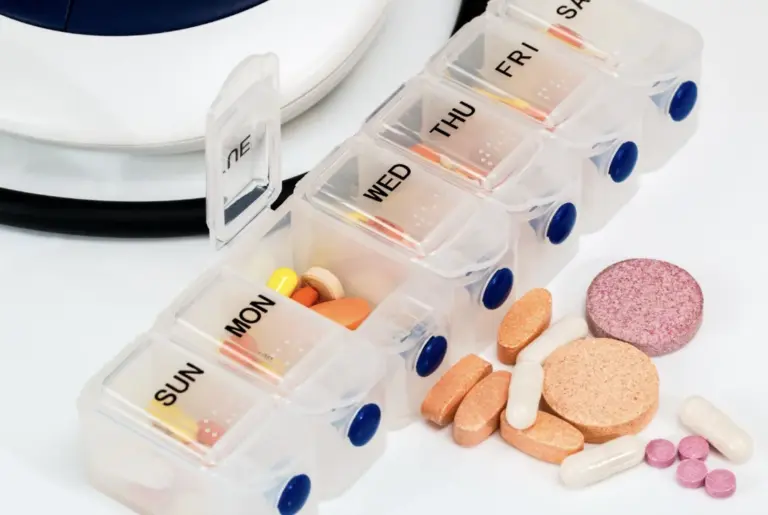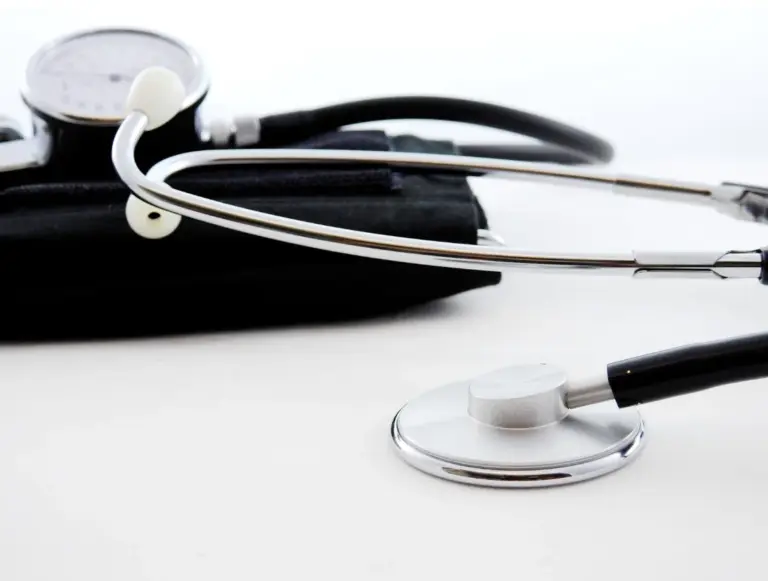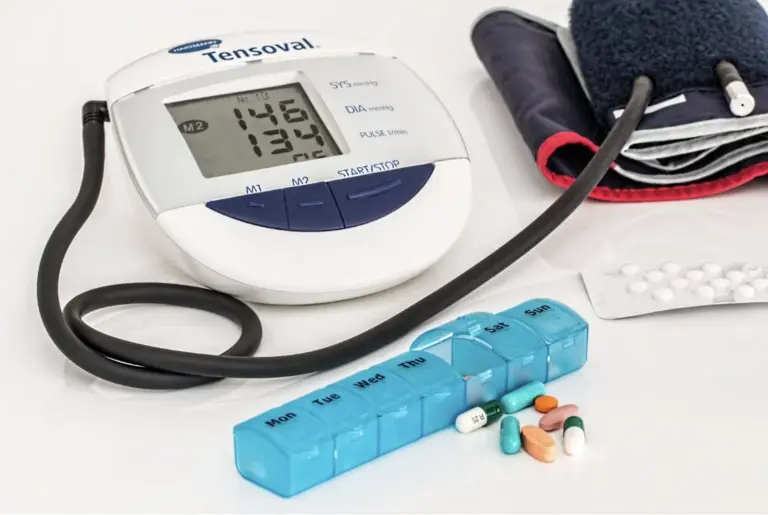Resistant hypertension or resistant high blood pressure (BP) is a health concern in which your blood pressure remains on the higher side even after undergoing extensive medical treatments. Among all types of high blood pressure, your condition would be considered as resistant, if –
- When measuring blood pressure, your blood pressure readings continue to be high, i.e., 130/80 mmHg or above, despite taking three BP lowering pills, including one water pill (diuretic).
- You are having either four medications or more to keep your blood pressure in control.
Causes Of Resistant Hypertension
There can be many factors contributing to resistant blood pressure, as well as other types of hypertension. These include the following –
-
Lifestyle And Diet

- Being overweight and obese
- Living a sedentary life with negligible physical activity
- High salt intake
- Smoking and heavy alcohol consumption
-
Medications
 There are certain medications, both over-the-counter and prescription that can lead to uncontrolled blood pressure. They include –
There are certain medications, both over-the-counter and prescription that can lead to uncontrolled blood pressure. They include –
- Pain-relieving medicines, mainly non-steroidal anti-inflammatory drugs (NSAIDs) such as naproxen and ibuprofen
- Nasal drops
- Birth control pills
- Liquorice and ginseng
-
Underlying Health Conditions
 In one out of four (1 in 4) people who have resistant hypertension, there is a secondary and distinguishable cause behind it. If your BP is high owing to any identifiable health condition, you have secondary hypertension. So, when talking about primary vs. secondary hypertension, this is where the difference lies. In primary high BP, there is no particular identifiable cause. On the other hand, there is an identifiable cause in secondary hypertension.
In one out of four (1 in 4) people who have resistant hypertension, there is a secondary and distinguishable cause behind it. If your BP is high owing to any identifiable health condition, you have secondary hypertension. So, when talking about primary vs. secondary hypertension, this is where the difference lies. In primary high BP, there is no particular identifiable cause. On the other hand, there is an identifiable cause in secondary hypertension.
The secondary causes may include the following –
-
-
-
Hormonal Disorders
-
-
-
-
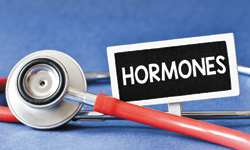
- Primary hyperaldosteronism (a condition of the adrenal gland that leads to excessive hormone production)
- Pheochromocytoma (adrenal gland tumor)
- Hyperthyroidism and hypothyroidism (thyroid gland condition)
- Cushing syndrome (a pituitary gland disorder)
-
-
-
-
Structural Disorders
-
-
-

- Chronic kidney disease
- Renal artery stenosis
- Sleep apnea
- Kidney failure
Resistant Hypertension – Symptoms & Complications
How to diagnose high blood pressure? People who have high blood pressure hardly show any symptoms, even for years. Thus, diagnosing high blood pressure is tricky. However, unidentified and untreated hypertension can be dangerous. So, make sure to get your blood pressure checked at regular intervals, especially if you have an underlying health condition.
However, in case your blood pressure shoots up all of a sudden, it is called a hypertensive crisis (a subset of hypertensive emergency). It is when you experience symptoms that may include the following –
Hypertension can lead to life-threatening complications like internal bleeding, an aortic dissection, etc., if not treated timely. Such situations need immediate medical attention.
There is one more condition called hypertensive urgency, wherein your blood pressure is high (more than 180/120), but you do not experience any symptoms.
Resistant Hypertension – Treatment
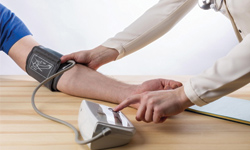 Monitoring hypertension continuously is important. Resistant blood pressure treatment mainly depends on any underlying health condition(s) you are suffering from and how effectively you respond to various medications. The treatment options include the following –
Monitoring hypertension continuously is important. Resistant blood pressure treatment mainly depends on any underlying health condition(s) you are suffering from and how effectively you respond to various medications. The treatment options include the following –
1. Making lifestyle changes, including –
- Limiting salt intake
- Limiting the consumption of alcohol
- Avoiding NSAIDs
- Working out for at least 30 minutes 4 to 5 days a week
2. Treating the underlying medical condition, if any.
3. Adjusting medications according to your needs.
Hypertension Fast Facts
- Hypertension is also known as a silent killer as it barely shows any symptoms.
- It can lead to various life-threatening conditions including renal impairment, stroke, and heart disease.
- Around 65% of people in the age group of 60 years to 69 years suffer from high blood pressure.
Conclusion
Resistant hypertension can lead to further complications, or it can itself be a result of an underlying disease. Therefore, make sure to get in touch with your doctor and get your BP checked from time to time.
Note of Caution: This article is for information purpose only. Always consult your doctor in case of any blood pressure or other health-related problems.
Disclaimer
The information contained in this article is to educate, spread awareness in relation to hypertension and other diseases to the public at large. The contents of this article are created and developed by BPinControl.in through its authors, which has necessary, authorisations, license, approvals, permits etc to allow usage of this articles on The Website. The views and opinions expressed in this article are views, opinions of the respective authors and are independently endorsed by doctors. Although great care has been taken in compiling and checking the information in this article, The Website shall not be responsible, or in any way liable for any errors, omissions or inaccuracies in this article whether arising from negligence or otherwise, or for any consequences arising therefrom. The content of this article is not a substitute for any medical advice. The Website shall not be held responsible or liable for any consequence arising out of reliance on the information provided in the article.
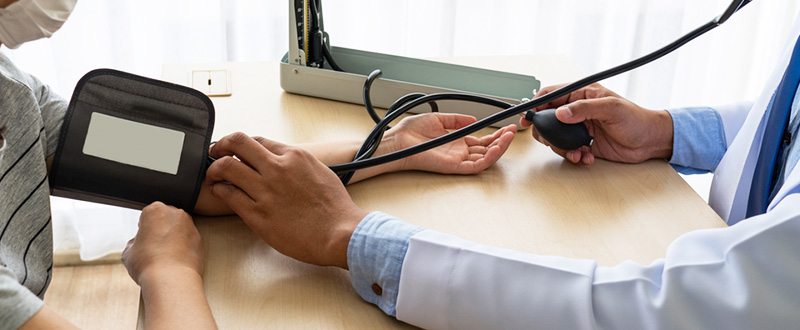
 Dizziness
Dizziness Pounding in your chest
Pounding in your chest Headache
Headache Chest pain
Chest pain Shortness of breath
Shortness of breath Visual issues
Visual issues